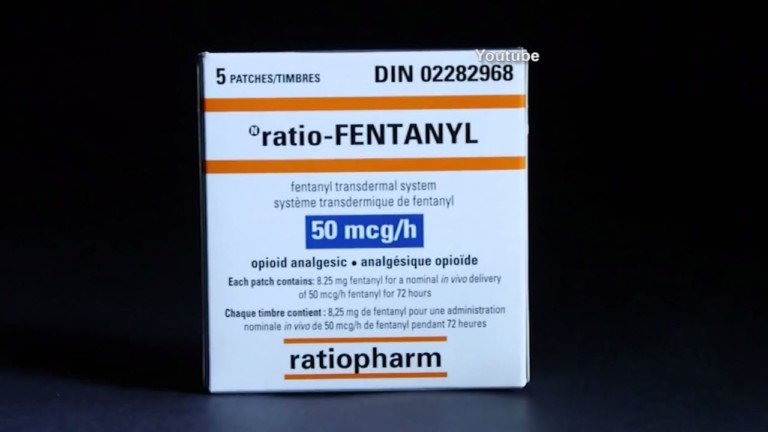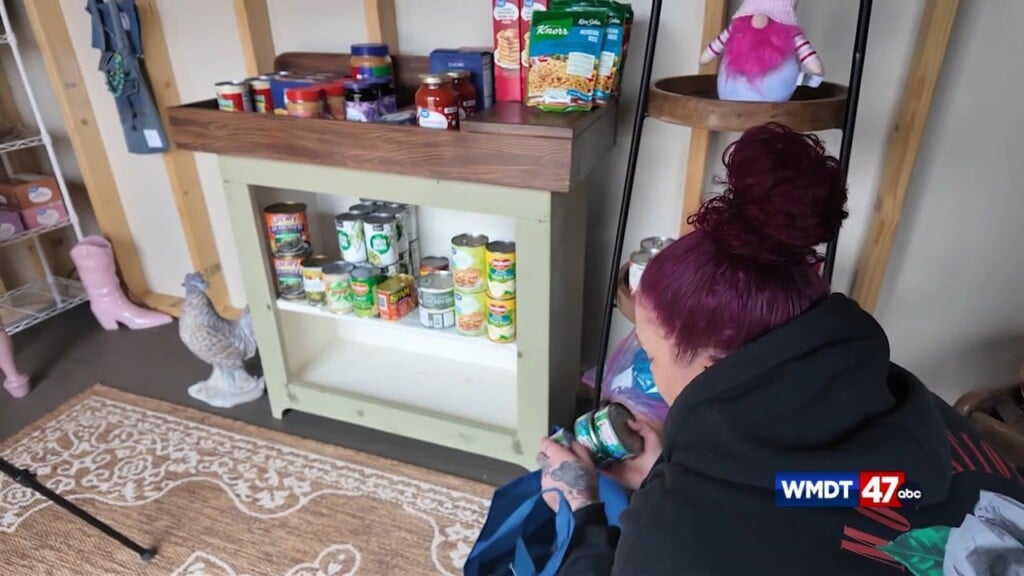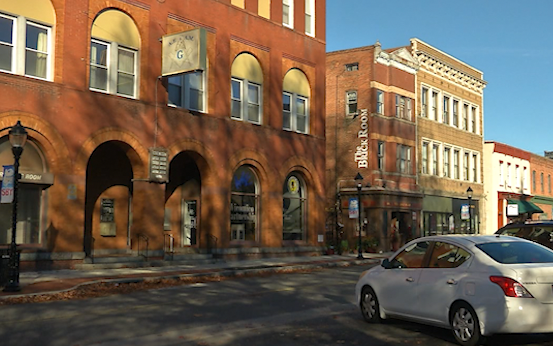Officials urge those struggling with addiction to seek treatment post fentanyl-related surge

Drug overdoses caused 308 deaths in Delaware last year. One-third of those cases,120 to be exact, were fentanyl-related.
That's up from 42 fentanyl-related deaths in 2015.
Delaware's Division of Public Health Director, Dr. Karyl Rattay, admits these numbers are extremely alarming.
Fentanyl is a synthetic opioid, similar to morphine, and is almost 50% stronger than heroin.
And what's happening on the streets is that random batches of heroin are being sold, laced with this powerful drug.
Unknowingly, addicts are using this heroin cut with fentanyl.
Although more and more people are carrying the lifesaving drug, Narcan, which can reverse the effects of an overdose, there is often nothing that can be done in the case of a fentanyl-laced overdose.
Experts say the combination kills too quickly, which is why Dr. Rattay is urging all those who might be addicted to heroin to seek help now because there is no easy way to tell which batch of heroin is tainted.
47 ABC spoke to a local therapist in Salisbury, Janelle Beiler, who explains some of the signs you can look for, which might indicate your friend or loved one is an addict.
Beiler says, "What you're looking for really is significant changes. So if you see changes in weight loss, weight gain, energy levels drastically changes, sleep patterns drastically changing. Things they used to enjoy that they no longer enjoy. Lying when it's someone who didn't use to lie. Someone who is maybe taking things from you and trying to explain why and things are disappearing. Just kind of withdrawal and isolation."
And if you are ever in a situation where you are dealing with an overdose make sure to check their pupils, which tend to be pinpoint. You'll see froth around the mouth, you'll see difficulty breathing, very shallow breathing.
Health experts say saving lives isn't one overdose at a time, but rather by spreading the word about the extremely deadly drug currently out there on the streets and how addiction treatment may be the only way of keeping the fatal overdose statistics from going up.
To find out what treatment services are available in Delaware, click here. For a 24/7 hotline for Kent and Sussex County, call 800-345-6785.


